Politics, Diplomacy : Evolutions Worth Upholding!
- Par Godlove BAINKONG
- 23 juil. 2025 11:17
- 0 Likes
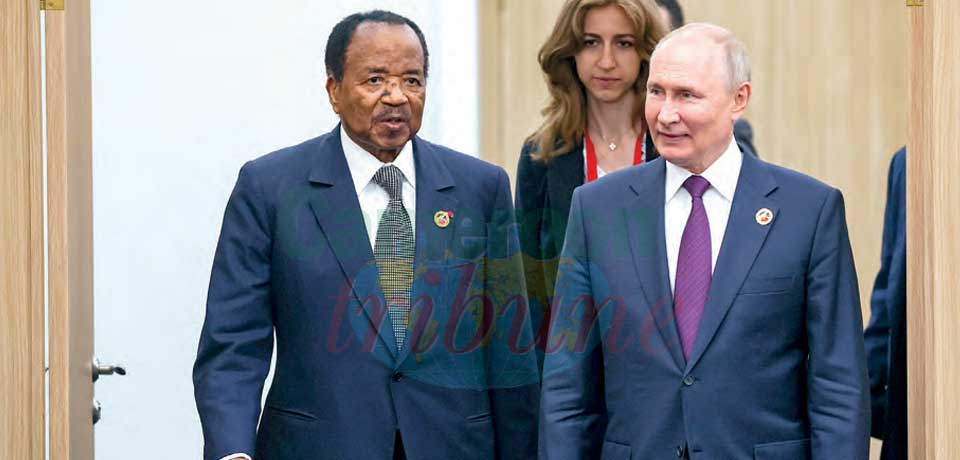
Decentralisation structures are now all in place awaiting full transfer of powers and resources, crisis-hit zones are undergoing reconstruction while the country’s diplomacy blossoms.
In his inaugural speech on November 6, 2018 on the occasion of his swearing-in for the seven-year “Great Opportunities” term of office that will soon come to an end, President Paul Biya unveiled a huge package for Cameroonians. Emphasising that the goal of achieving emergence must become a major national cause rallying all citizens in order to transform Cameroon into a modern and socially advanced country, the Head of State noted that, “The commitments that I have made to improve the quality of life for Cameroonians, require, first of all, the creation of conditions conducive to stability and security. Rest assured that I will see to it that it so happens.” Field realities are there to tell of the path covered thus far.
Decentralisation Structures All In Place
President Paul Biya on November 6, 2018 said, “…I have also understood your desire for greater participation in taking decisions that concern the destiny of our country. I will take this into account bearing in mind that tomorrow’s Cameroon will be built with your input.” Since then, much water has gone under bridge vis-à-vis the decentralisation process. In effect, taking governance closer to the governed or getting the central government to surrender some of its powers to the grassroots, like Cameroon has been struggling to do within the framework of its decentralisation process, has had all paperwork over the years. In effect, Regions which fully went operational in 2021 as local authorities, were the last institutions enshrined in the 1996 Constitution to complete the decentralisation process in the country.
There is also the 2019 Law to institute the General Code on Regional and Local Authorities and the 2024 Law on Local Taxation which fully set the stage for decentralisation. While the two English-speaking North West and South West Regions, through their Special Status reflecting their cultural and language specificities, now have Regional Assemblies and Houses of Chiefs, the other eight regions have Regional Councils. The North West and South West Regions also each has a Public Independent Conciliator to examine and amicably settle disputes between users and regional and council administrations. Added to City and Municipal Councils, all these would have practically set the stage for a “Government of the people by the people,” that is susceptible to bolster balanced socio-economic development. But the regime has to ensure full transfer of powers and resources so as to make a difference.
Reconstructing NW/SW
Caught in the web of crisis throughout the entire soon-to-expire Presidential term, the North West and South West Regions are fast breathing an air of relief following the achievements of the Presidential Plan for their reconstruction. Going by the last evaluation meeting in Bamenda, Prime Minister Joseph Dion Ngute is q...
Cet article complet est réservé aux abonnés
Déjà abonné ? Identifiez-vous >
Accédez en illimité à Cameroon Tribune Digital à partir de 26250 FCFA
Je M'abonne1 minute suffit pour vous abonner à Cameroon Tribune Digital !
- Votre numéro spécial cameroon-tribune en version numérique
- Des encarts
- Des appels d'offres exclusives
- D'avant-première (accès 24h avant la publication)
- Des éditions consultables sur tous supports (smartphone, tablettes, PC)






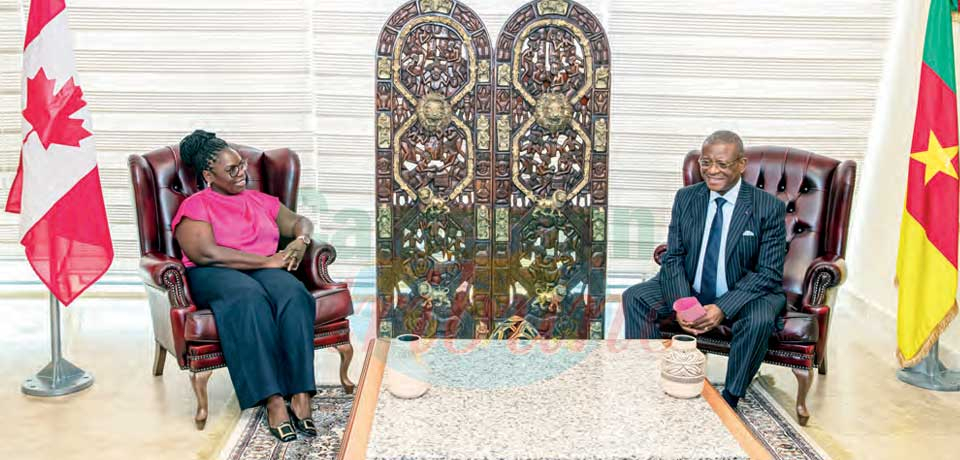
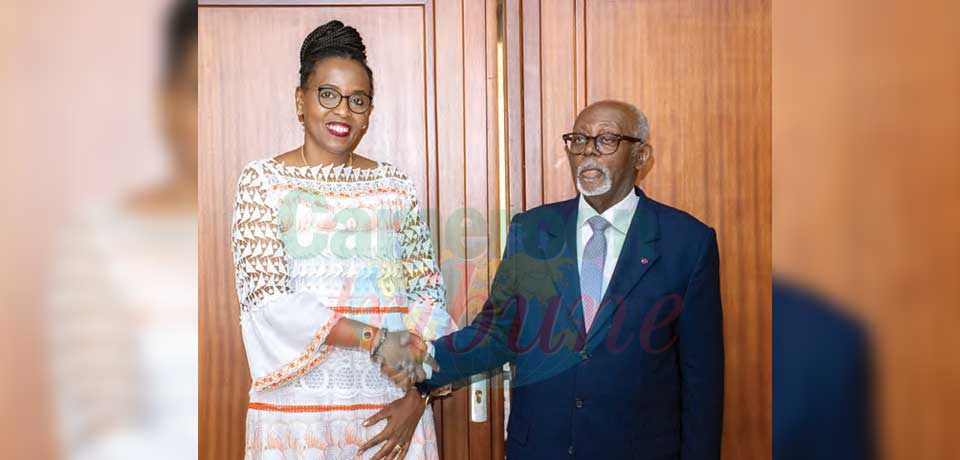
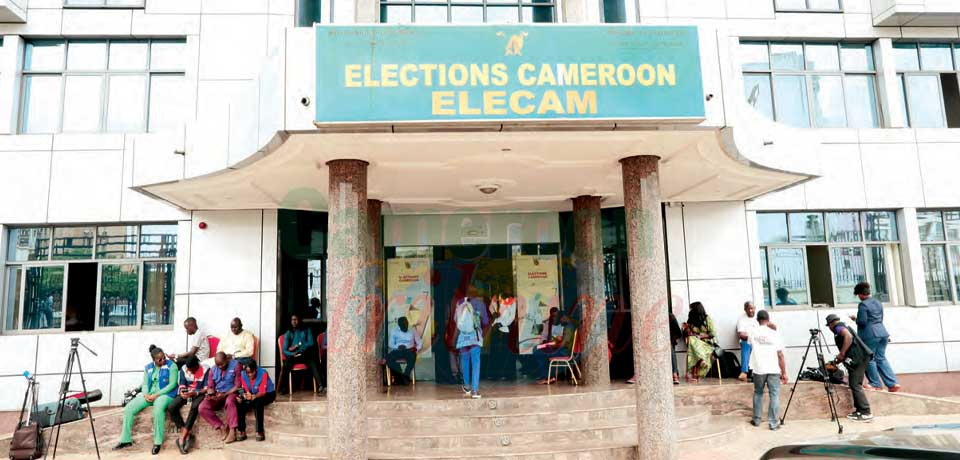
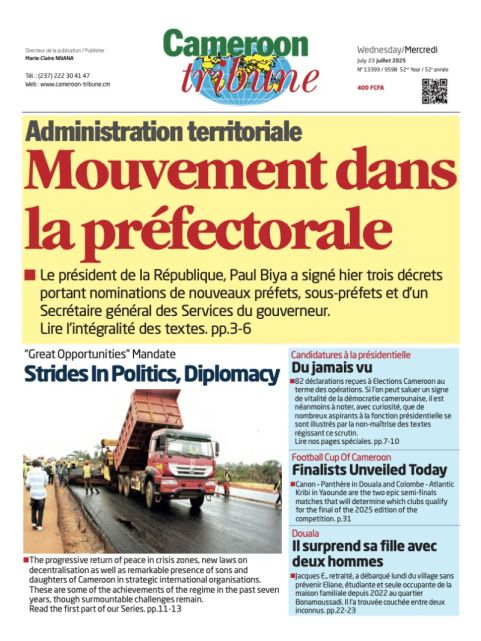




Commentaires